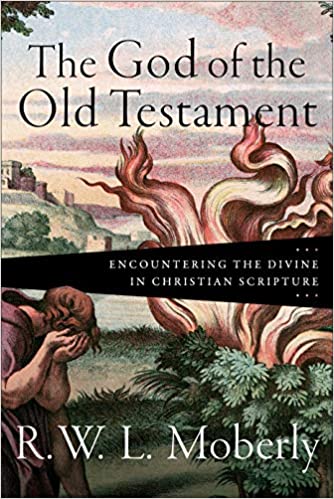Q. I take the point that the speaker is disappointed in the behavior of the Elohim, and tells them that they shall die like mortals, which in turn suggests they are not human beings but will share the fate of humans. This however does suggest they are other created beings, like angels who could die. And if Ps. 82 is sharing the divine perspective, do we really want to say that God discovered he was mistaken about these beings? That suggestion comes into play with your rendering of the close of the Psalm on p. 115. Of course, if this is the voice of the narrator, rather than God, then misconception is easier to understand, but then how would the narrator know the fate of these beings? I suppose you could argue with Goldingay that this is prophetic and visionary speech, but various of the indicators of either are missing in this poem.
A. I sense that you are less than fully persuaded by my reading of Ps. 82! I wonder if this is because you appear not to go with my contention that the whole is an imaginative scenario that is depicted to make a point. I raise the issue of whether it should be a problem that “God discovered he was mistaken” on p.117 and n.89, where I contend that what God says is part of a dramatic scenario for the benefit of onlooker/listener – the real concern is what they/we need to know. I remain happy with what I say there: “The biblical writers appear to have been more relaxed about religious language and imaginative scenarios than some moderns”.












